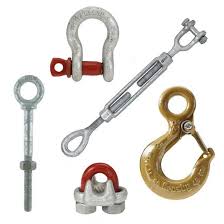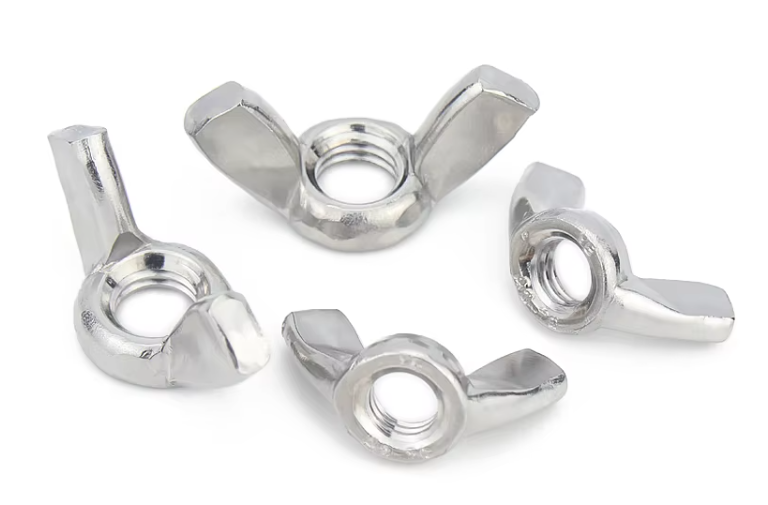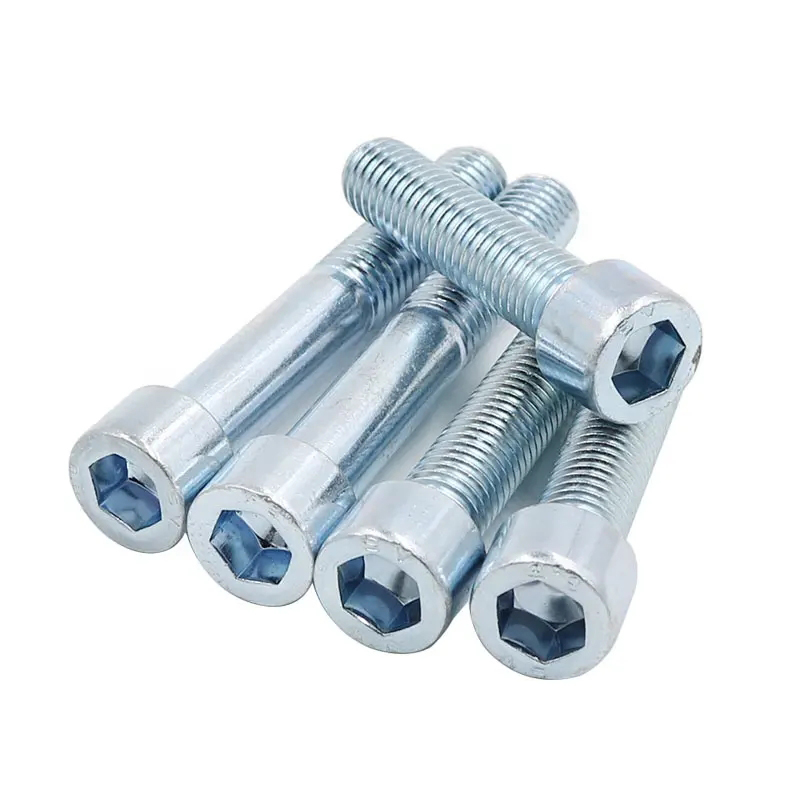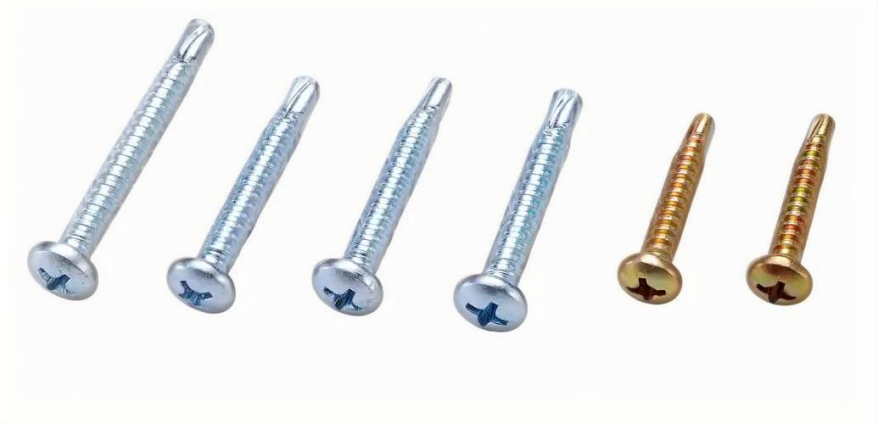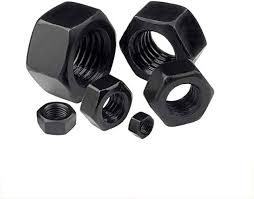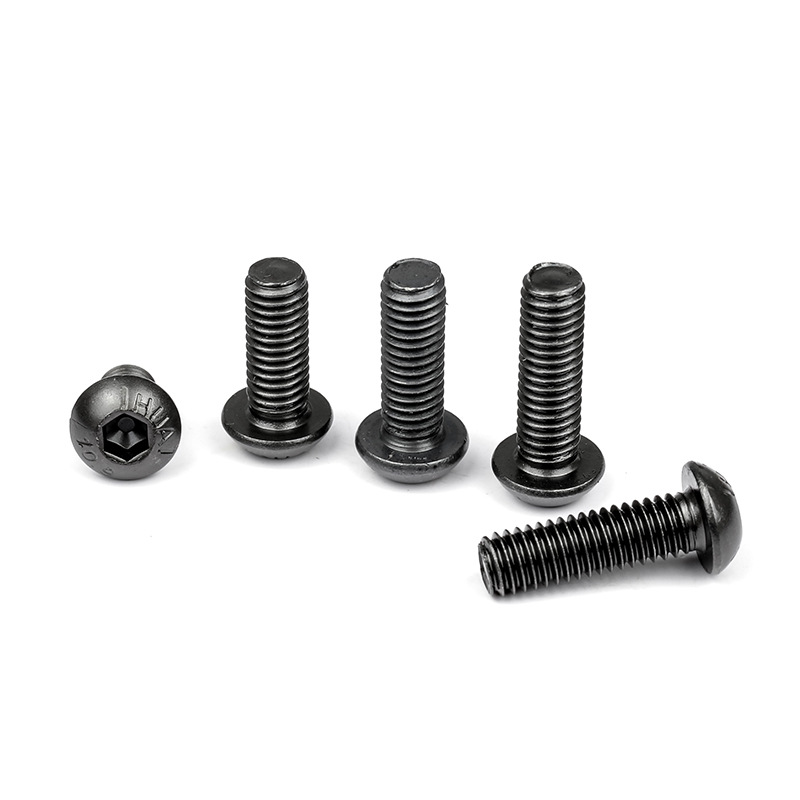

This guide helps you navigate the world of captive nuts suppliers, providing insights into selecting the right partner for your specific needs. We'll explore different types of captive nuts, factors to consider when choosing a supplier, and best practices for ensuring quality and reliability. Learn how to compare quotes, understand certifications, and ultimately source high-quality captive nuts for your projects.
Captive nuts are fasteners permanently attached to a surface, eliminating the risk of loss or misplacement. They offer a secure and reliable fastening solution, particularly valuable in applications where regular access to the fastening point is limited or impossible. Common applications include electronics, aerospace, and automotive industries. Different types of captive nuts exist, including weld nuts, rivet nuts, and press-in nuts, each offering unique advantages depending on the application.
Choosing the right type of captive nut is crucial for successful implementation. The table below provides a comparison of common types:
| Type | Installation Method | Advantages | Disadvantages |
|---|---|---|---|
| Weld Nuts | Welding | Strong and permanent | Requires specialized equipment |
| Rivet Nuts | Riveting | Versatile and relatively easy to install | May not be suitable for all materials |
| Press-in Nuts | Press fitting | Clean and simple installation | May require precise hole sizing |
Selecting a reliable supplier for your captive nuts is critical. Key factors include:
Thorough research is essential. You can find potential suppliers through online directories, industry trade shows, or recommendations from other businesses. Always request samples and thoroughly review them before committing to a large order. Checking online reviews and testimonials can also be valuable in assessing a supplier's reputation.
Implementing robust quality control measures throughout the supply chain is crucial. This includes verifying material specifications, inspecting incoming shipments, and conducting regular audits of your chosen supplier's facilities. Clearly defined acceptance criteria and regular testing are also crucial components of a comprehensive quality control program.
Effective supply chain management involves establishing clear communication channels, tracking orders meticulously, and maintaining strong relationships with your chosen captive nuts suppliers. Proactive communication can prevent potential issues and ensure a smooth supply of high-quality components for your projects. Consider establishing a system for tracking inventory levels to anticipate demand and avoid shortages. For businesses requiring high-volume orders of specialized captive nuts, building a strong, long-term partnership with a reputable supplier is vital.
For high-quality captive nuts and exceptional service, consider exploring the offerings of Hebei Dewell Metal Products Co., LTD. They offer a wide range of captive nuts to suit diverse applications.


